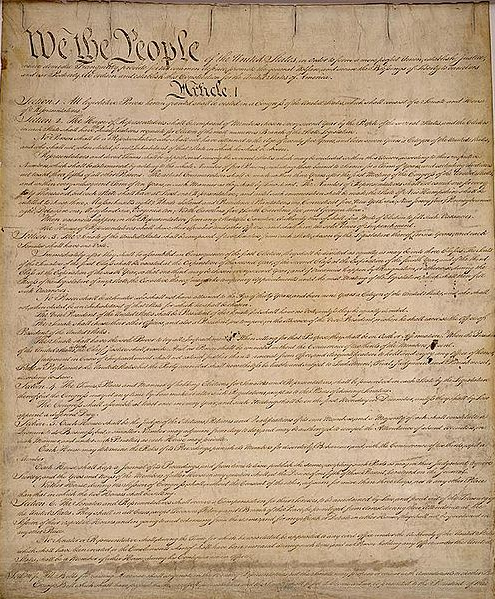Staff Writer
The other day, my mother drove from Philadelphia to Lancaster so the two of us could do a much-needed shopping trip. It was a beautiful day, and we both took great pleasure in walking through F&M’s campus in the sun with the new bloom of the cherry trees on our way to Iron Hill for lunch. However, as we were sitting on the patio over salads, a group of men in their 30s walked past our table, looked at my mother and me, and made various sounds. After a low whistle and a wet kissy noise, the men laughed as they continued on their way.
My mom shook her head and said, “Pigs. That should be illegal,” prompting me to wonder: is it? After some easy research I learned that there has been legislation all around the world to make catcalling illegal. From a measure in the European Union to New York City, there have been small efforts to outlaw catcalling, or, officially, “street harassment.” As recently as last spring, a pedestrian rights group in New York attempted to outlaw catcalling just in school zones to minimize the risk of underage girls being harassed by men. These laws did not pass because of concerns over First Amendment rights.
My entire life, I have watched men hit on my mother. Whether she is in running shorts, a suit, or pajamas, men have yelled things out of cars, whistled, etc. Starting when I was about 12 years old, the same happened to me. Being from Philadelphia, I got wise to the situation and learned to ignore it, even when the same men who catcalled me at the bus stop started to follow me or would become increasingly aggressive when ignored.
I think I could be wearing a burlap sack and it would not matter. In the end, catcalling has nothing to do with what you look like.
Unwanted sexual attention is irritating, offensive, and uncomfortable. Catcalling is in no way a compliment — it is a way society has told men it is acceptable to objectify women. The fact that in the city, when a woman sees a construction site, she has to brace herself against yells and whistles is indicative of a culture that still marginalizes harassment. There is nothing flattering about hearing “damn, that ass!” when you are a college-educated woman who is thinking about intellectualism and your future career. It is flat-out degrading. For men, imagine if every morning before going on the street, you had to calculate (maybe on a subconscious level) what clothes to wear based on whether you want to be “seen” (i.e., heels and a dress) and not taken seriously, or choosing something as simple as jeans and being “invisible.” Imagine a world where you are constantly policed for these choices, whether by your friends, professors, parents, or strangers. Imagine these people never really seeing you but viewing you as a thing they are entitled to judge. This is why catcalling is inherently misogynistic, in the same way that people still say women who choose to wear a short dress are “asking for it.”
Those with concerns that making catcalling illegal will interfere with First Amendment rights must remember that verbal harassment can be very psychologically harmful to women, degrading a sense of humanism that is essential for independence and freedom. Catcalling is a slippery slope from objectifying, to degrading, to assaulting. By not taking catcalling seriously, our society is telling future offenders and their victims that sexual harassment is a right men have.
There is no reason street harassment should be any more permissible than racist language in terms of an open-minded society.
An article ran several years ago in the Daily Mail (UK) with the headline “You Want To Ban Men From Wolf-Whistling? Isn’t That A Cute Idea, Sweetheart.” I will not even waste the reader’s time explaining the hundreds of ways this non-ironic headline is offensive but essentially voices concerns for what banning catcalling could lead to.
What’s next? Being fined for staring too long at a woman’s breasts? However, there is a serious difference between checking someone out and harassing her in public. In the comments section of the online article, there were words like “feminazi” and even one reader who was concerned about the rise of militant feminists. First of all, if anybody ever uses the word “feminazi,” then leave the conversation immediately because they are definitely an idiot. But, most importantly, this is not just a woman’s rights issue, but a human issue. So, F&M, do not take leers and jeers lightly. They are just not funny.
Questions? Email Grace at gmeredith@fandm.edu.
